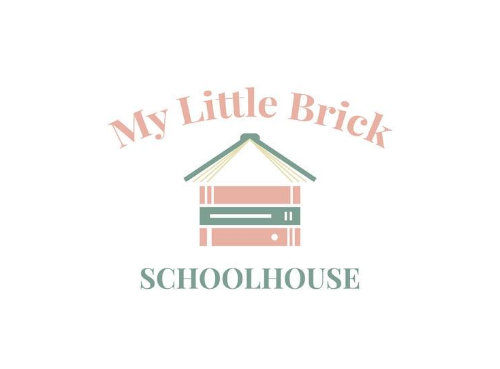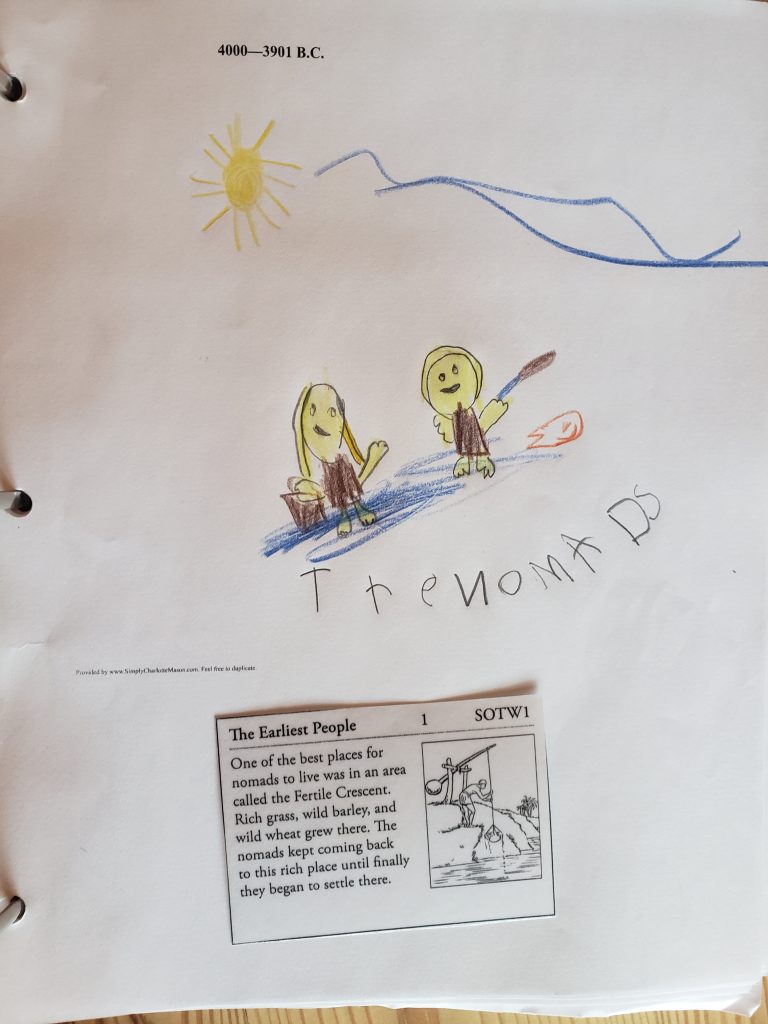Classical Education Mini-Series: Education and Character
I have two takeaways I’d like to share with you as you go into your first week of school. I think these embody the heart of classical education. I take my ideas from the Classical Conversations area practicum I attended back in June 2021.
NOTE: This is a transcript taken from my video. Therefore, it is written verbatim. I hope that my speaking is easy to follow. You can find the video at the bottom of this post.
Education Is Not the Same as Training
When I was in high school, I trained for a summer job as a lifeguard. Okay, so you can imagine what that was like: we watched a lot of training videos, we completed a lot of worksheets, we were even able to perform some underwater rescues. I remember diving to the bottom of the pool, picking up those big bricks and bringing them back up, safely to the surface. So, I was being trained for a particular job, and I had specific skills that I had to learn. It was for a certain future. It was finite. I would be trained on the job to do X, Y, and Z and I would perform my task. That was what I did: I lifeguarded that summer.
Education is different.
Education is when you are being taught, for lack of better word, for an uncertain future. And what does the future usually hold, guys? Suffering. You are going to suffer. I am going to suffer. We are all going to have some suffering that we are going to have to endure, and education that prepares us for that uncertain future is paramount.
So, if you’ve lived, you know, that we are going to have to give kids the tools to suffer across callings (to suffer well). Training doesn’t shape the soul, but education does. Education shapes character – training doesn’t. Education is for life. Training is for the here-and-now. So, it’s a good distinction to keep in mind.
Teaching Character Is Paramount to Academics
Okay, so this was an excellent analogy that Mr. Nale gave yesterday. He was talking about the two types of old people that you will meet. There are two types, guys. Two types: the grumpy, dissatisfied, discontented type and the joy-filled, cheerful, life-giving type. I thought it was brilliant.
So, let’s go back to children. Do you think the most important thing in a childhood is academics? The most important thing in a childhood (and I’ve said this before) is not academics. No. We are forming character first. Academics are important, but character must be in place… if you’re going to teach anything, you need to be focusing on shaping the character first. And, of course, the academics are a gift.
Thinking back to the old people, how do you think they got to be this way? How did the grumpy, old “whoever” become this way? Well: habits… character. When were those habits and when was the character formed? At an early age. It’s something to think about.
“The child who starts out in life with say, twenty good habits, begins with a certain capital which he will lay out to endless profit as the years go on.”
Charlotte Mason
So, think about that and how you will train your children. Character is paramount.
“The habits of the child are, as it were, so many little hammers beating out by slow degrees the character of the man.”
Charlotte Mason





![Imagination In Place: An Author’s Perspective + A [Very] Short Story](https://mylittlebrickschoolhouse.com/wp-content/uploads/2022/03/coffee-cup-desk-pen-768x512.jpg)
